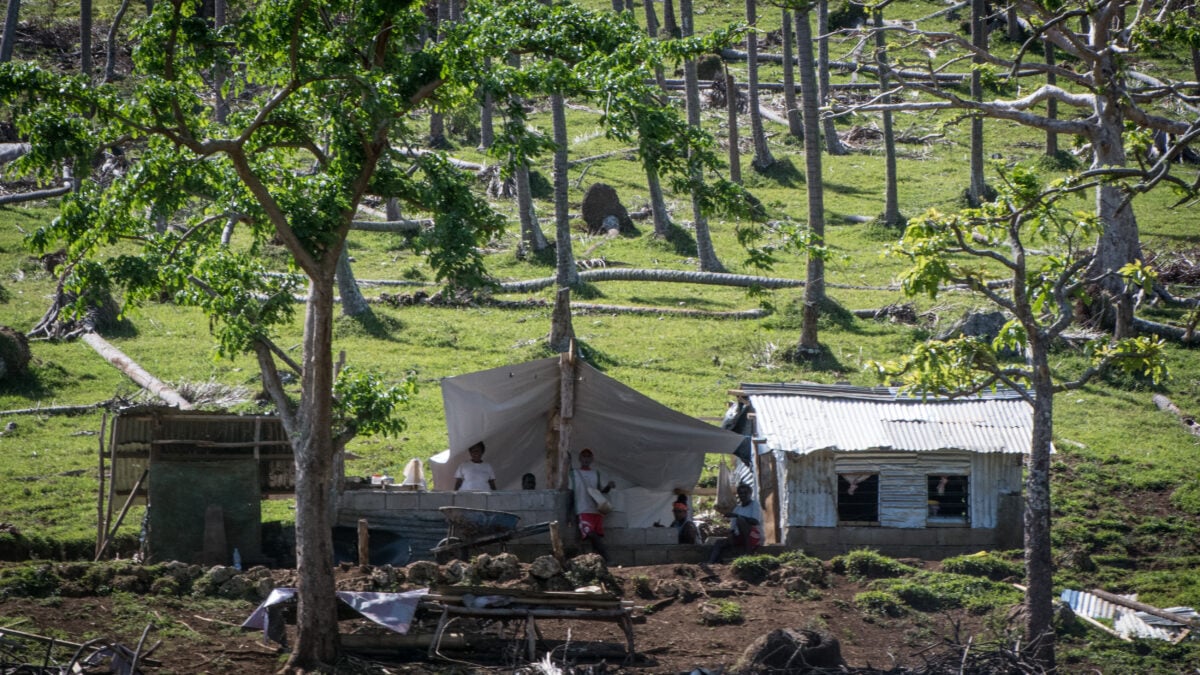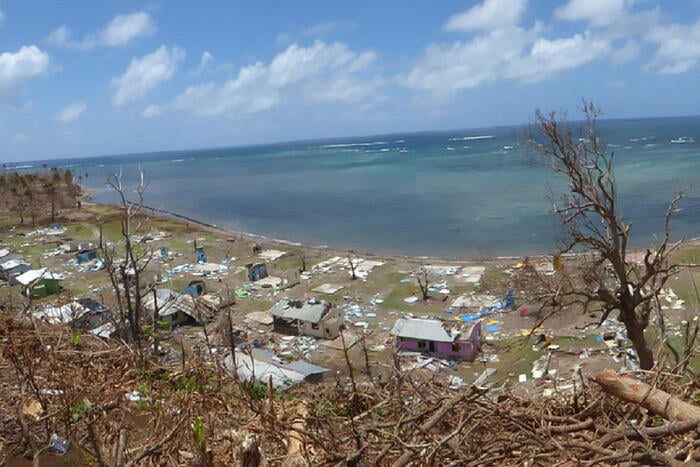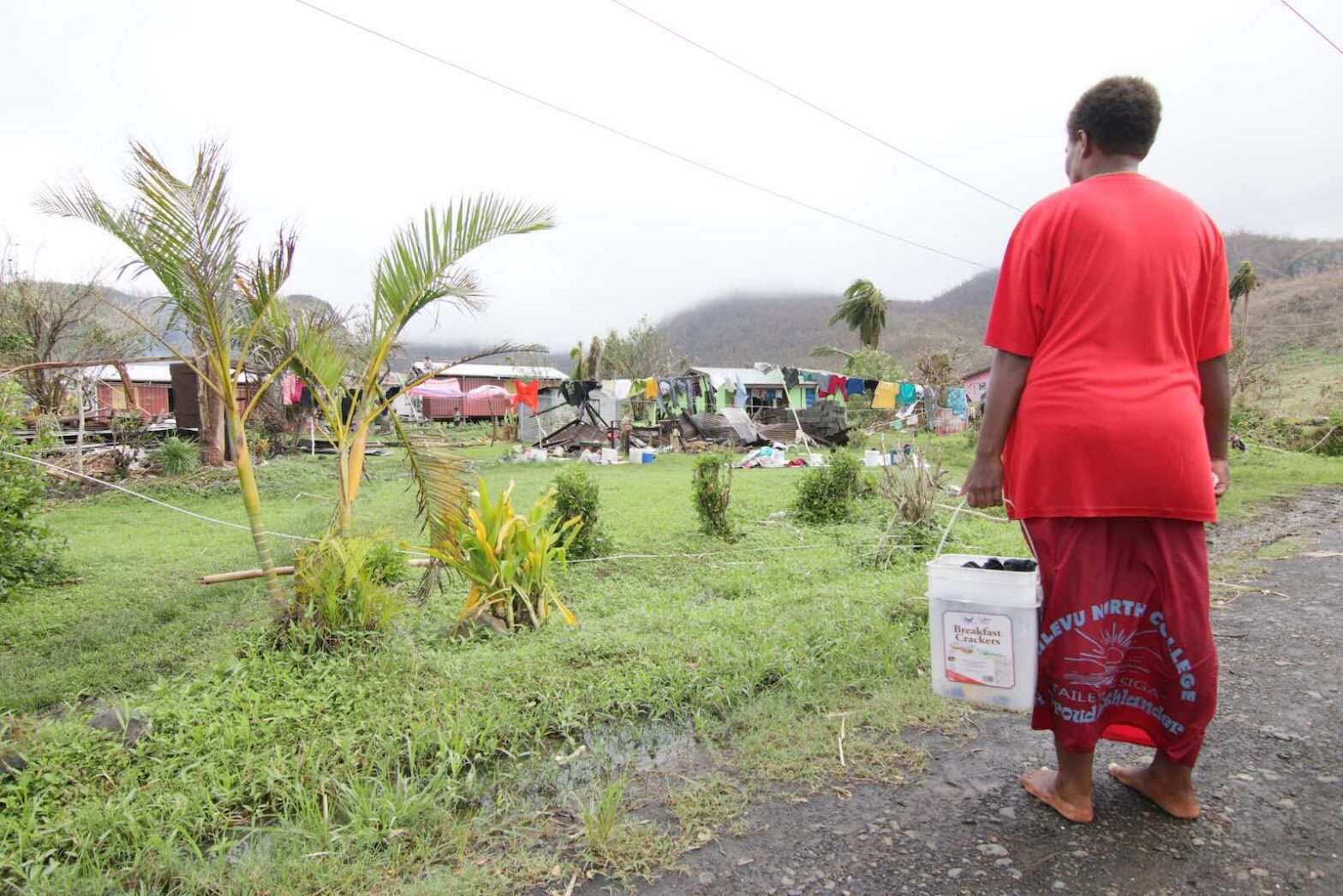Pacific disaster risk and climate change leaders and officials, civil society representatives, development partners, donors, and regional agencies are participating virtually and in person in the upcoming Global Platform for Disaster Risk Reduction (GPDRR).
The global event will provide opportunities for the Pacific to share its experience in disaster resilience with the rest of the world. Sessions will also cover better preparedness and responses to the hazards faced in the region including cyclones, flooding, drought, earthquakes, landslides and tsunamis and as well the impact of COVID-19.
Pacific Islands Forum Deputy Secretary-General, Dr Filimon Manoni, who will be a speaker at the second High-Level Dialogue focused on ‘Strengthening Disaster and Climate Risk Governance at National and Local Levels for Accelerated Progress on SDGs’, stated that the Global Platform, “presents timely parallels for much of our Pacific efforts and regional work.
“The Pacific is one of the most vulnerable regions in the world to disasters and climate change, now coupled with COVID-19. Our response in the face of that vulnerability remains solutions-focussed and resilient, and it’s helped us lead integrated climate change and disaster resilience work towards a resilient Pacific region.”
Dr Manoni said our island countries led the effort to integrate climate change and disaster risk approaches more than 10 years ago, setting the pace for scaling up best practice and remaining open to partnerships for resourcing ongoing work.
SPC’s Deputy Director-General (Science and Capability) Dr Paula Vivili said the region must shift more focus towards disaster preparedness in a genuine way and accelerate access to open and useable disaster data to ensure countries can access relevant risk profiles in the face of a changing climate.
As the peak scientific and technical agency in the region, the Pacific Community (SPC) supports Members and multi-stakeholder partners to better understand risk whilst leading regional disaster risk management efforts across the Pacific.
“Risk data underpins effective planning and decision making across the entire region, but collection of this data is expensive and time-consuming. It is critical that our partners support systematic ways to collect this data and risk information so countries can access relevant and updated risk profiles based on the predicted impact of climate change, and the risk posed by disasters to drive a more resilient Pacific region,” Dr Vivili said.
Pacific learnings in how to best prepare for disaster are relevant and timely for countries across the globe. During the 7th Global Platform for Disaster Risk Reduction ensuring Pacific voices are strongly represented is critical to supporting accelerated action on disaster risk reduction work across the Pacific.
The outcome statement of the 2021 Pacific Resilience Meeting also supports the regional approach towards improved disaster resilience locally, nationally, regionally and globally. The outcomes of the Global Platform are recognised by the UN General Assembly and contribute to the High-Level political Forum on Sustainable Development including the +2030 Agenda for Sustainable Development.
The Seventh Session of the Global Platform (GP2022) will be organised and convened by the UN Office for Disaster Risk Reduction (UNDRR) from 23 to 28 May 2022, in Bali, Indonesia, hosted by the Government of Indonesia. The event co-chairs are the Government of Indonesia and UNDRR.
This story was originally published at PIFS on 23 May 2022, reposted via PACNEWS.




